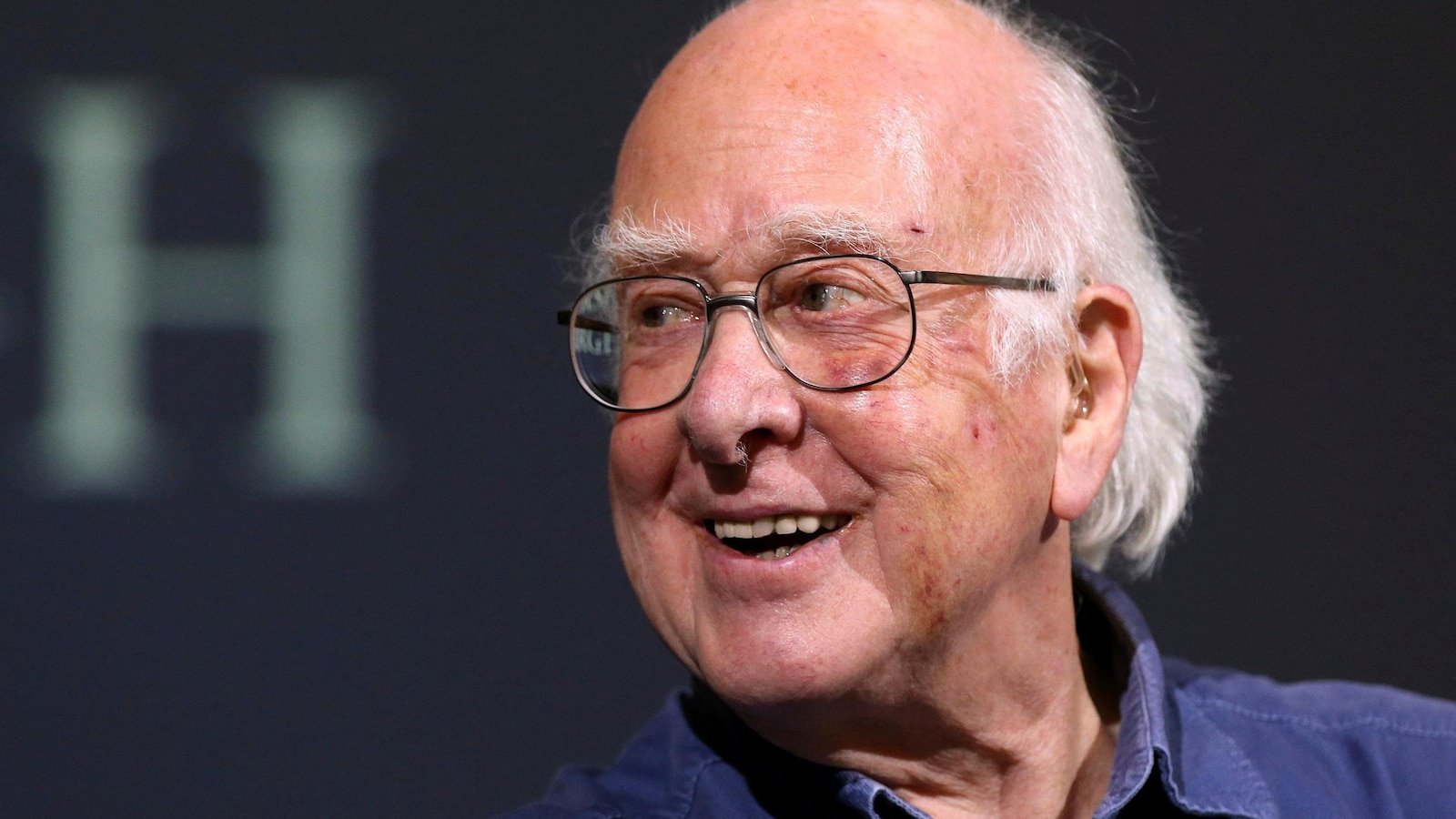Peter Higgs, who proposed the existence of the ‘God particle’ has died at 94
Peter Higgs, the renowned physicist who proposed the existence of the ‘God particle,’ has passed away at the age of 94. Higgs, a Nobel laureate, is best known for his groundbreaking work on the theory of the Higgs boson, a fundamental particle that helps explain why other particles have mass.
Born in Newcastle upon Tyne, England in 1929, Higgs studied at King’s College London before obtaining his Ph.D. from the University of Edinburgh. He went on to work at various institutions, including the University of Edinburgh and the University of London, before settling at the University of Edinburgh for the majority of his career.
In 1964, Higgs published a paper in which he proposed the existence of a new particle that would help explain why other particles have mass. This theory, known as the Higgs mechanism, was later confirmed by experiments at the Large Hadron Collider at CERN in 2012, leading to the discovery of the Higgs boson.
Higgs’ work revolutionized our understanding of the universe and has had a lasting impact on the field of particle physics. In recognition of his contributions, he was awarded the Nobel Prize in Physics in 2013, alongside François Englert, who also made significant contributions to the theory of the Higgs boson.
Throughout his career, Higgs was known for his modesty and humility, shying away from the limelight and preferring to focus on his research. He remained a respected figure in the scientific community until his passing, with many colleagues and students remembering him fondly for his intellect, kindness, and dedication to his work.
The passing of Peter Higgs marks the end of an era in the world of physics, but his legacy will continue to inspire future generations of scientists for years to come. His contributions to our understanding of the universe are immeasurable, and his impact on the field of particle physics will be felt for generations to come. Rest in peace, Peter Higgs, and thank you for your invaluable contributions to science.






